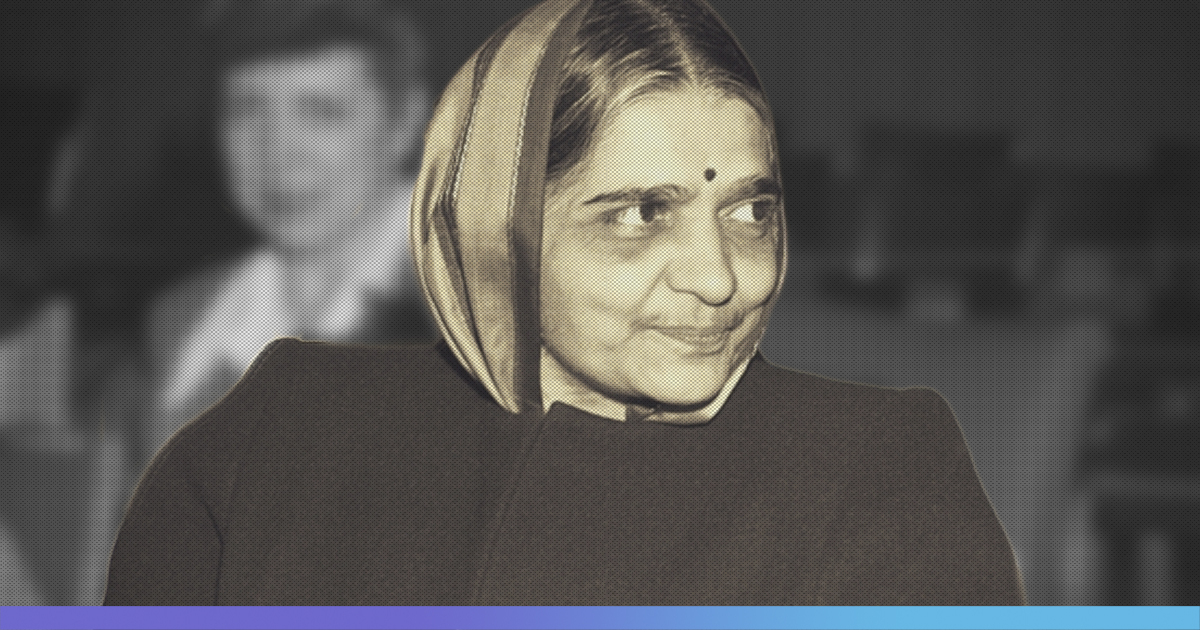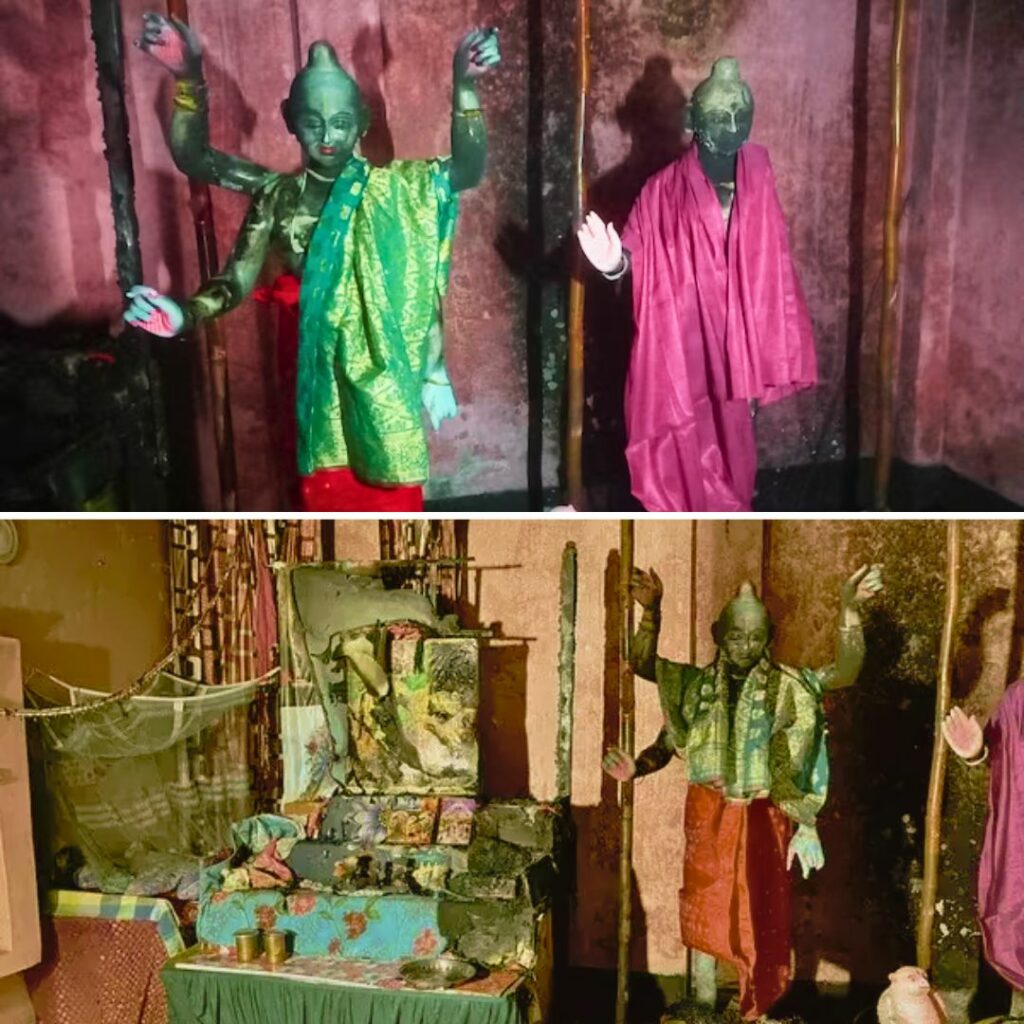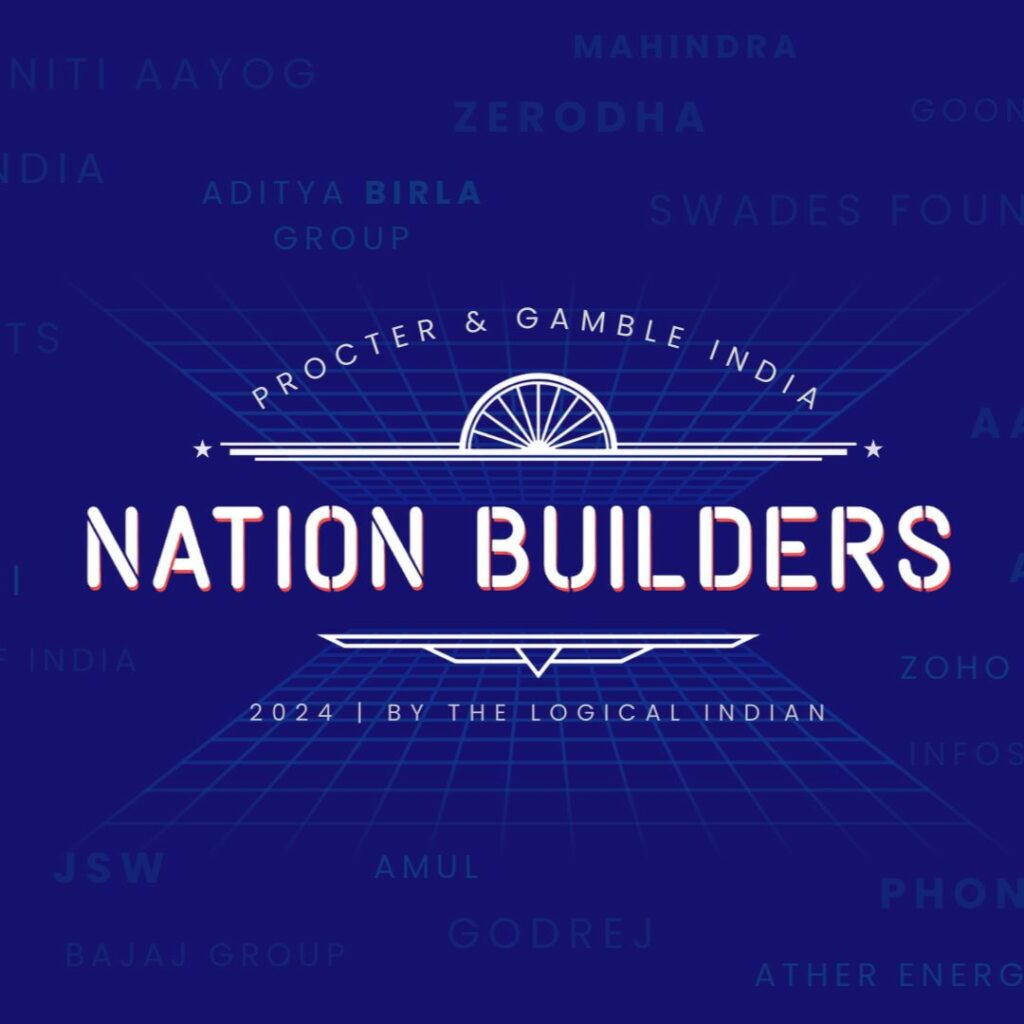The feminist movement is now gaining momentum around the world. There have been several people in the past whose work and struggle have facilitated this. One such woman is Dr Hansa Jivraj Mehta. Dr Mehta was a prominent freedom fighter and a champion of women’s right.
Initially, the Universal of Human Rights (UDHR) had the phrase, “All men are born free and equal”. Dr Mehta made an amendment to it, now the phrase reads, “All human beings are born free and equal”.
Her contribution to making UDHR ‘universal’ in the truest sense, was also appreciated by the then United Nation General Secretary Ban Ki-Moon in 2015. He said, “The world can thank a daughter of India, Dr Hansa Mehta, for replacing the phrase in the UDHR.”
#DYK? Indian reformist #HansaMehta is credited with rephrasing "All
men" to “All human beings are born free & equal" in the #UDHR. Without her contribution, we would likely be speaking of the Universal Declaration of the Rights of Man rather than of #HumanRights! #WednesdayWisdom pic.twitter.com/PYwWEnsEgF— United Nations India (@UNinIndia) April 3, 2019
Hansa Mehta and freedom struggle
Dr Mehta was born on July 3, 1897. She belonged to an affluent family and her father Manubhai Nandshankar Mehta was the then Dewan of Baroda. She studied Sociology and Journalism from England, and post her studies, she returned back to India.
Around that time, Mahatma Gandhi and Sarojini Naidu became two of the major influences in her life. Soon after, she immersed herself in the freedom movement, participating actively in Swadeshi and the Non-cooperation movement.
In 1930, Kamala Nehru and Hansa Mehta arrived at the Delhi Railway Station and shouted slogans of ‘Inquilaab Zindabaad’. The passionate calls for revolution were so strong that the British made the train engines to hoot non-stop, to drown the sound of the slogan.
Her active participation soon was noticed by the Britishers and she, along with her husband was arrested. After her release, she stood for the Bombay Legislative Council. She went on to win the provincial elections. She completed two terms, one from 1937-39 and other from 1940-49. After that, she joined the Constituent Assembly (CA).
Champion of women’s rights
She was one of the members who drafted the Indian Women’s Charter of Rights and Duties, which was presented in the 18th session of All India Women’s Conference (AIWC) in 1946.

She was the one actively pushing for the abolition of child marriage and the devadasi system. Even as a member of CA, she regularly took up issues pertaining to women’s rights. She lent her support to reforms suggested by BR Ambedkar for the Hindu Bill on issues like property rights, inheritance laws, divorce and adoption. One of her most significant contributions was trying to make the Uniform Civil Code (UCC) a part of the Indian Constitution. Finally, UCC went on to become the non-justiciable directive principle.
She was appointed to the UN Human Rights Council on the recommendation of Jawaharlal Nehru. It was during her stint there that the rephrasing of ‘all men’ to ‘all human beings’ took place.

United Nations
Against sexism and regressive notions
Mehta has a series of firsts to her name. She became India’s first woman vice-chancellor after she started her two-year term at the SNDT Women’s University at Bombay (now Mumbai).
She also presented the national flag to the assembly, minutes after midnight on August 15, 1947. This very flag was the first flag to fly over independent India.
Once, Rohini Kumar Chaudhari, a member of the Assam Province said that men needed protection against women since they are trying to “elbow” men out in every sphere of life. According to Chaudhari, women succeeded in doing that because of men’s “exaggerated sense of courtesy” or due to having influence over those in authority. He also went on say, “We have in this Constitution cow protection to some extent, but there is no provision at all for protection against cows. There is also no provision in this Constitution for protection against women.” Hansa reacted very sharply to this comment.
At the time when marrying a person of one’s choice was looked down up, Hansa, a member of the Nagar Brahmin community married Jivraj Narayan Mehta, a Vaishya Mehta. She, fortunately, received support from Maharaja of Baroda, Sir Sayajirao Gaekwad III, who finally convinced her father.
The Logical Indian salutes such women of steel whose struggle led the pathway for more stronger movement for women’s rights.











